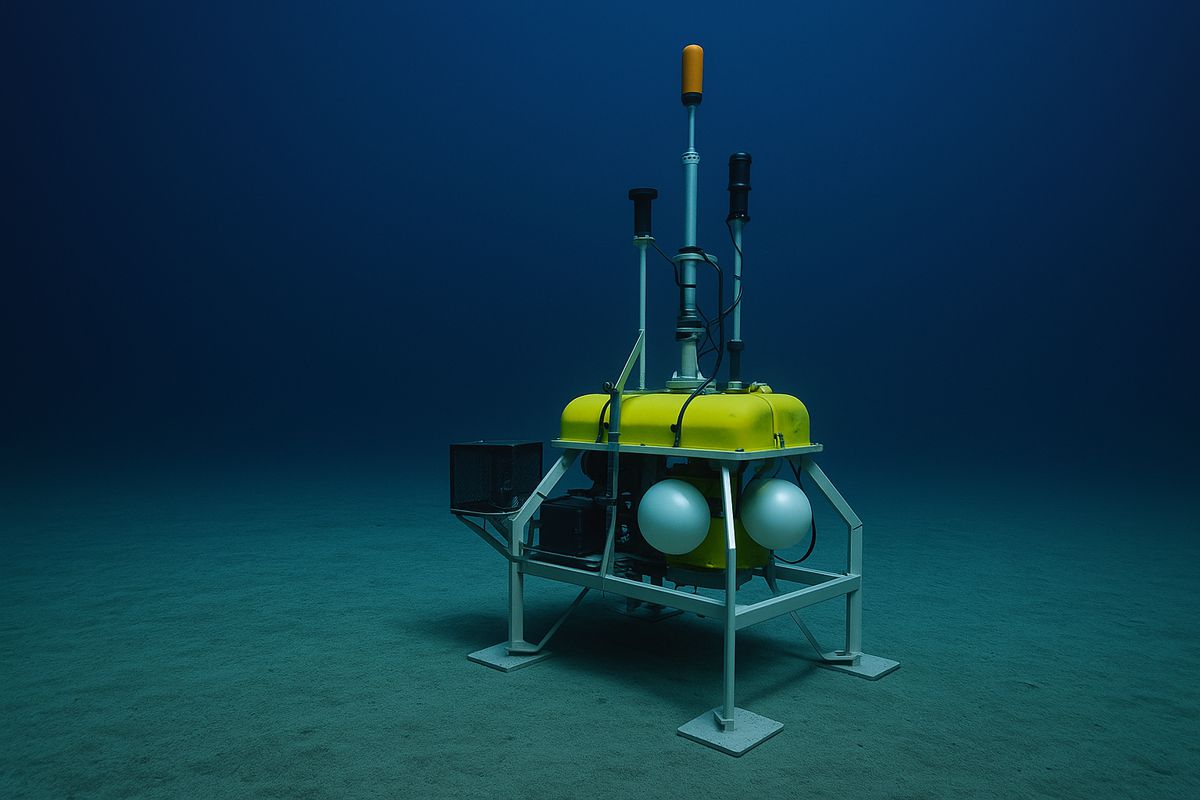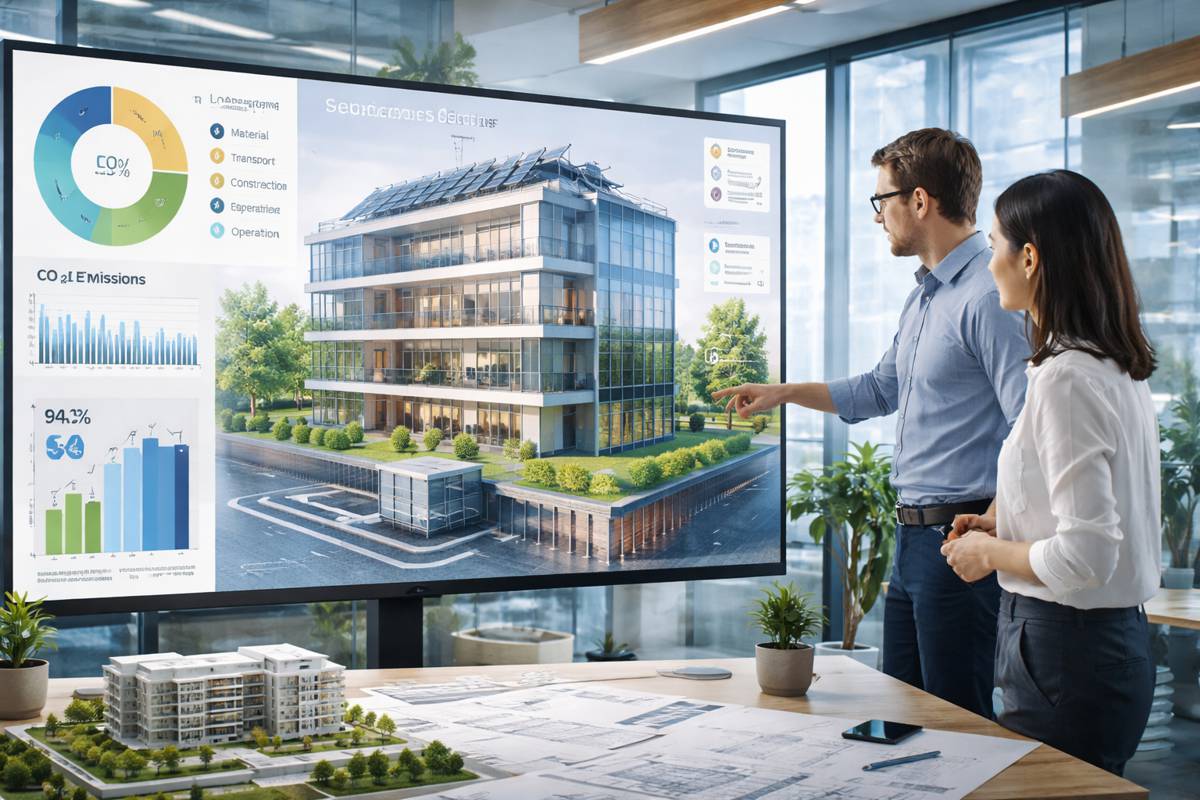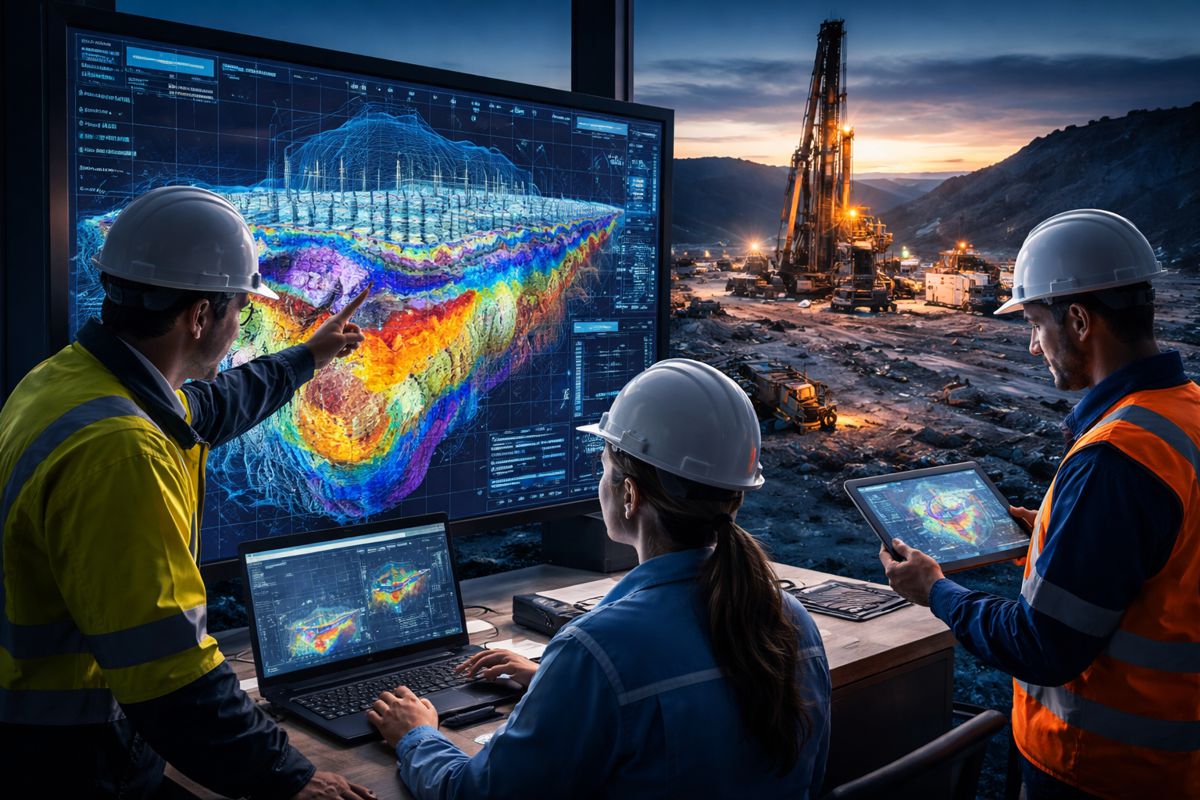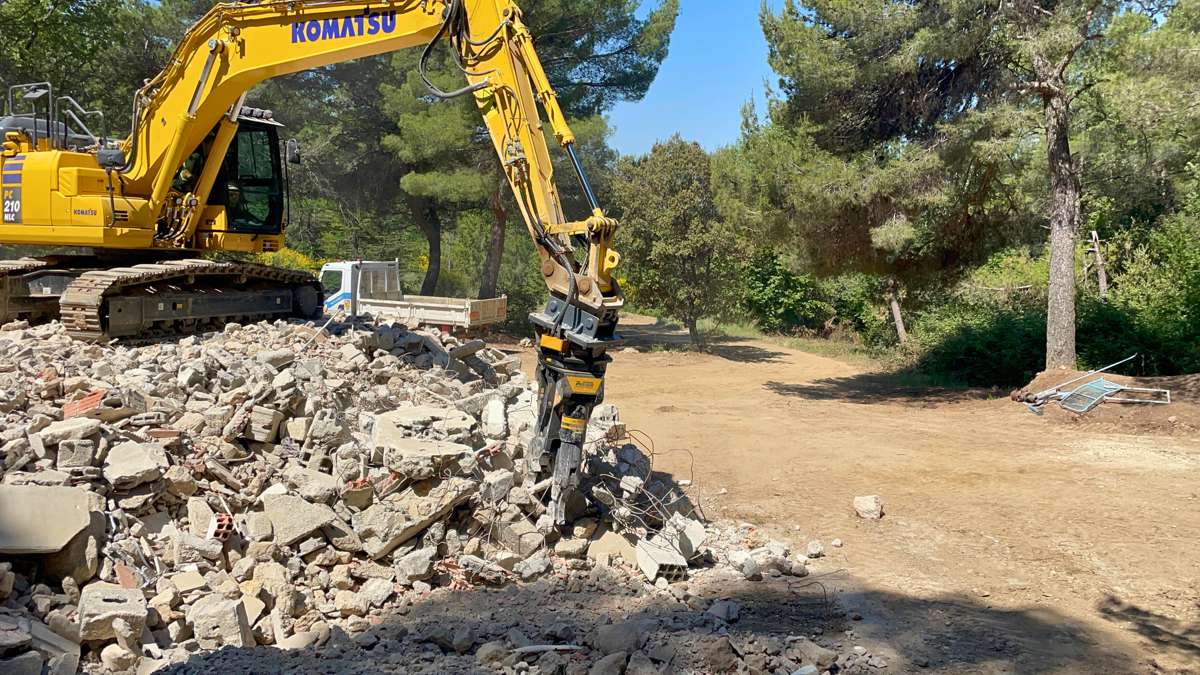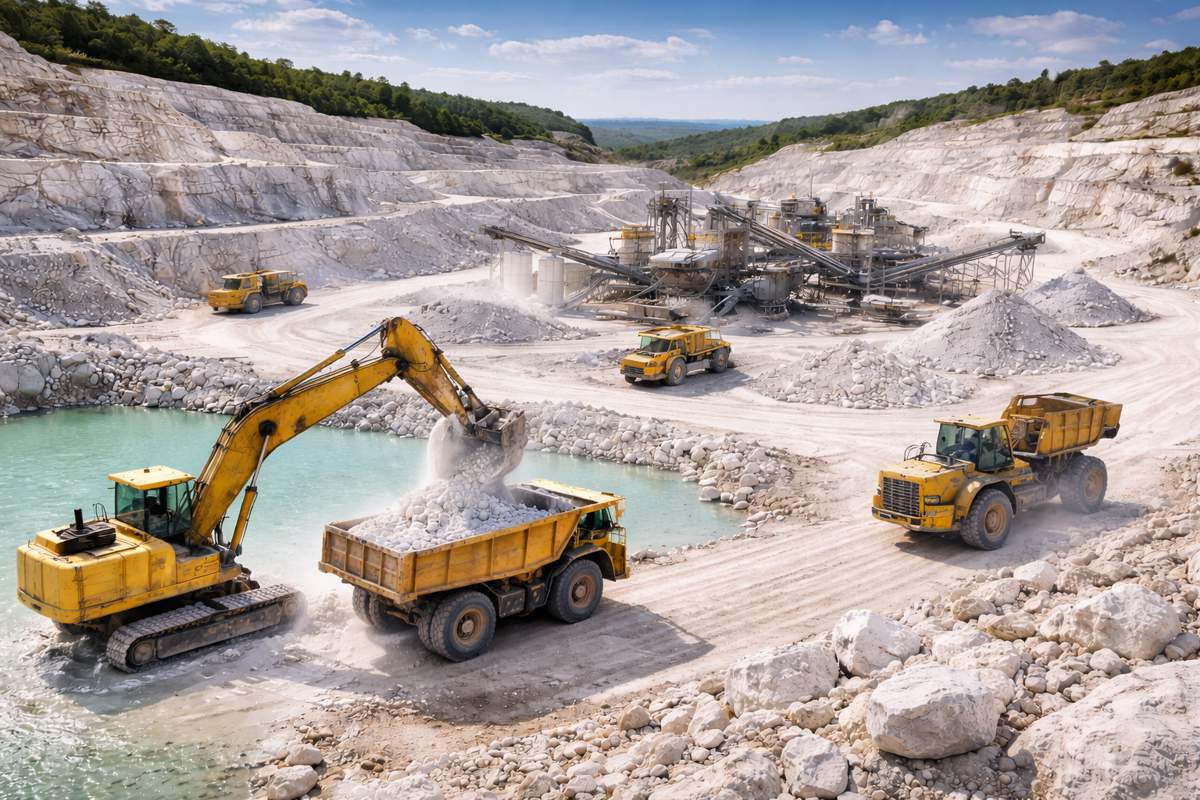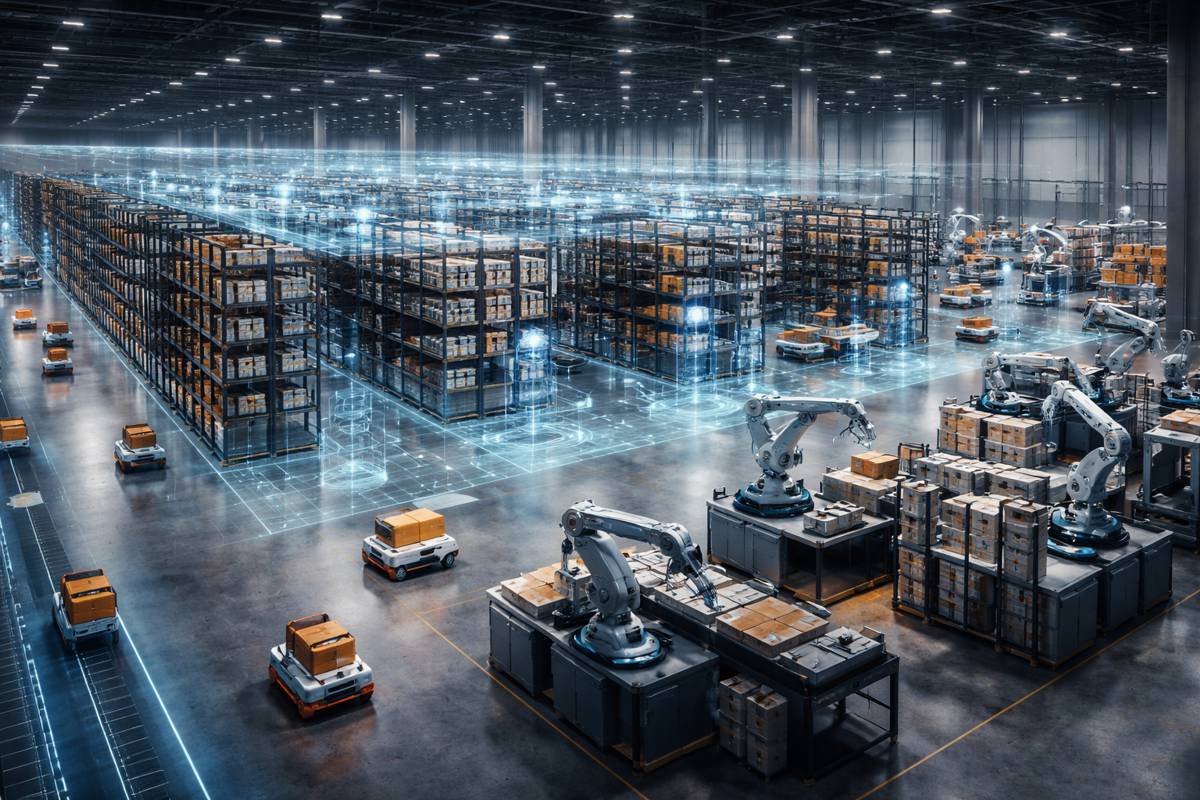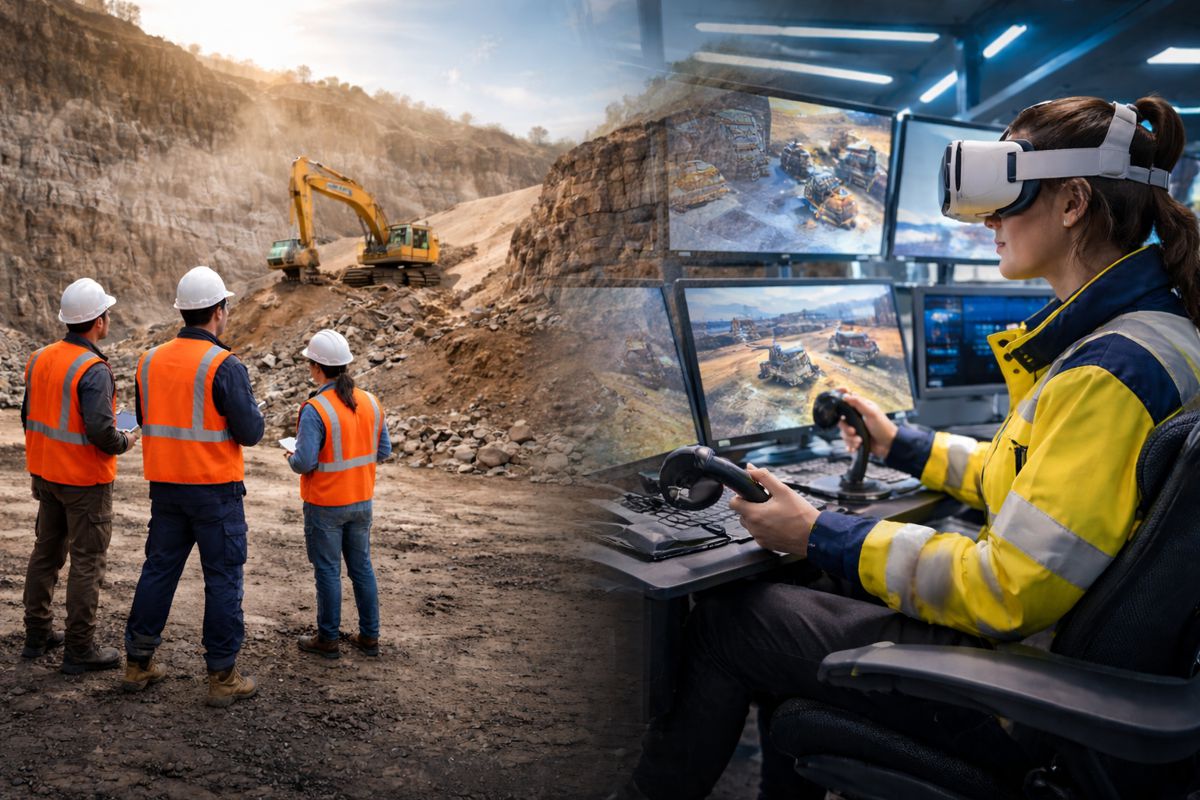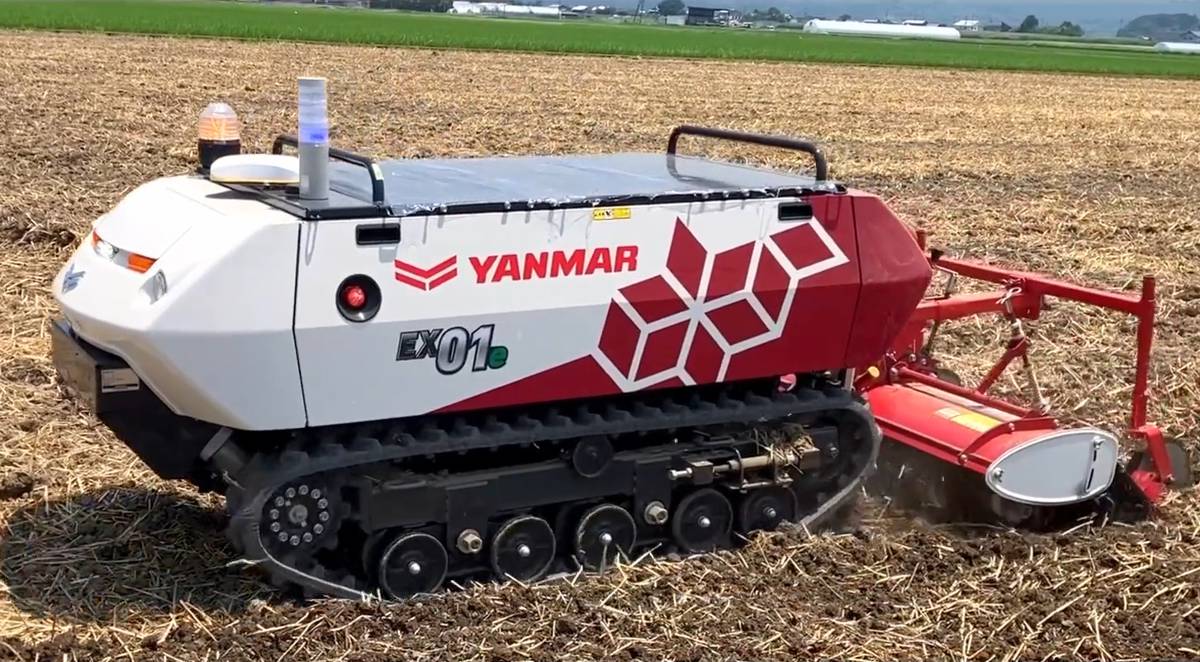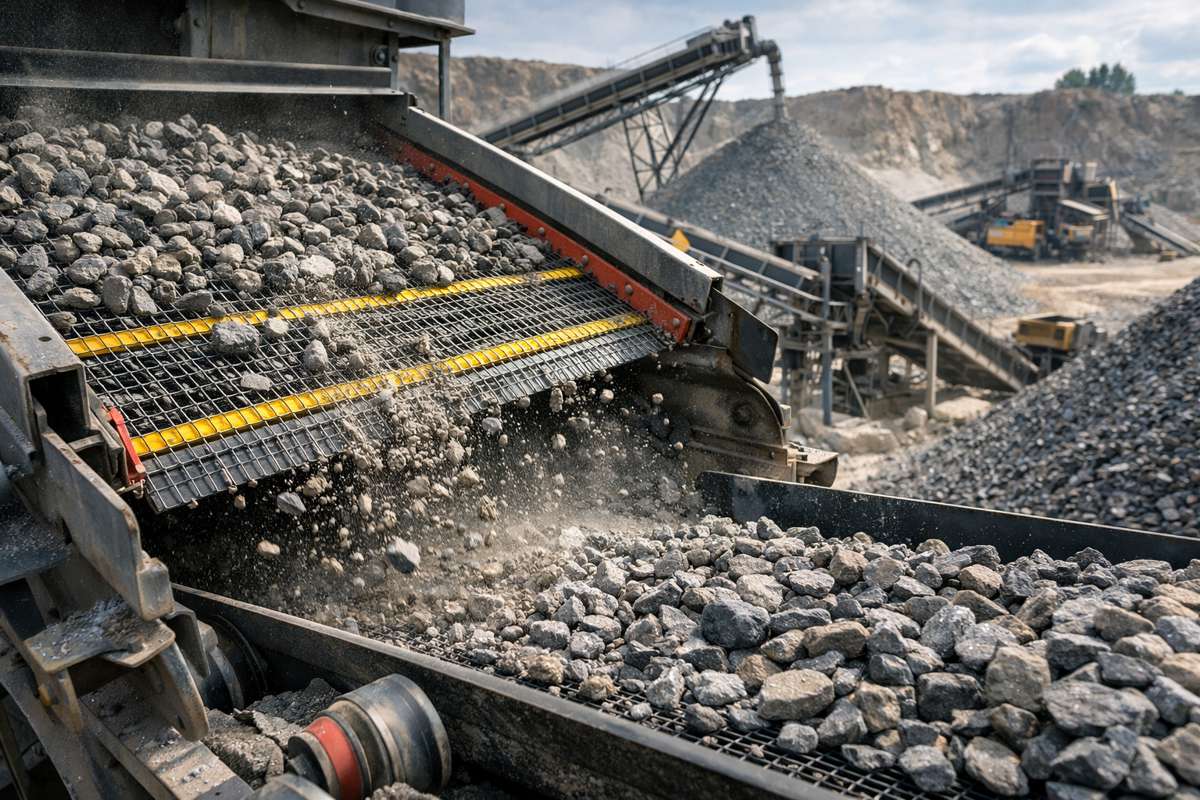Odyssey Marine’s Autonomous Landers Unveil the Secrets of the Cook Islands Seabed
Odyssey Marine Exploration, Inc. has achieved a major milestone in ocean science with the successful deployment of two Autonomous Benthic Mini Landers (ABML) in the Cook Islands’ exclusive economic zone (EEZ).
The operation, conducted in partnership with German engineering firm Develogic GmbH, marks the first-ever deep-sea deployment of these custom-designed systems and signals a significant step forward in the global effort to understand and manage critical seabed mineral resources responsibly.
The landers, built to withstand the immense pressure of the deep ocean, will spend the next several months collecting vital environmental data nearly five kilometres beneath the surface. This initiative aims to build a comprehensive long-term dataset of benthic ecosystems—shedding light on one of the most mysterious regions of our planet.
Unlocking the Secrets of the Seafloor
At around 4,900 metres below sea level, the ABMLs are quietly at work, recording a suite of measurements including turbidity, conductivity, oxygen levels, temperature, sound, and pressure. These readings will help researchers better understand how deep-sea ecosystems function and respond to both natural and human influences.
Once retrieved in 2026, the data will be shared with the Cook Islands Seabed Minerals Authority (SBMA) and released into the public domain. This open-data approach reflects a growing international consensus that scientific transparency is essential for sustainable ocean governance.
Mark Gordon, Chairman and CEO of Odyssey Marine Exploration, highlighted the significance of this achievement: “The successful ABML launches represent a tangible step forward—government, science, and industry working together to produce open, high-quality data to support sound decision making for ocean resources.”
He added that the Cook Islands’ emphasis on sustainability has positioned the region as a model for future deep-sea initiatives: “The Cook Islands have prioritised responsible management of one of the world’s largest polymetallic nodule resources. Drawing on decades of subsea experience, Odyssey brings a proven, proprietary approach—combining advanced data methods with purpose-built technology.”
Collaboration Beneath the Waves
The deployment took place on 7 October 2025, from a research vessel operating within the Cook Islands’ waters. Representatives from the SBMA and the Cook Islands National Environment Service joined international scientists on board, underscoring the project’s spirit of collaboration. The recovery operation is scheduled for early 2026, led by the RV Anuanua Moana—a vessel operated by Kiva Marine Ltd., part of Ocean Minerals, LLC (OML).
Hans Smit, CEO of Moana Minerals, Ltd., a subsidiary of OML, praised the project’s collaborative nature: “We are pleased to see the growth in ocean research and to be collaborating with Odyssey on the ABML programme in the Pacific, particularly within the Cook Islands. Each expedition enhances our collective knowledge of Marae Moana’s deep-sea environment. It also supports informed stewardship that maintains a balance between ecological protection and opportunities benefiting Cook Islanders.”
This partnership reflects a broader commitment to responsible ocean resource management, ensuring that exploration efforts complement environmental protection rather than compromise it.
Aligning Science and Sustainable Development
Odyssey Marine’s work in the Cook Islands is not limited to exploration. The company also holds investments in two Cook Islands seabed minerals exploration licence holders—Cook Islands Cobalt (CIC) and Ocean Minerals, LLC. Through these ventures, Odyssey is aligning its technological and financial capabilities to create long-term value for local communities and global partners alike.
The Cook Islands’ government has made it clear that environmental stewardship is central to its seabed minerals strategy. By engaging with international companies like Odyssey, the SBMA seeks to combine world-class technology with rigorous scientific oversight.
This integrated approach not only supports sustainable economic growth for the islands but also contributes to the global understanding of seabed ecosystems—an area of increasing importance as the world transitions to renewable energy and sustainable resource models.
Pioneering Technology in Ocean Exploration
The ABML systems, designed by Develogic GmbH in Germany, represent the cutting edge of autonomous subsea research. Compact yet powerful, these mini landers can operate independently for long durations, capturing high-resolution data in some of Earth’s most inaccessible environments. Their modular design allows them to be configured for a range of research missions—from environmental monitoring to mineral prospecting.
This deployment is part of Odyssey’s broader strategy to harness advanced technologies for sustainable ocean resource development. The company has been at the forefront of subsea innovation for over three decades, continually refining its methods for safe and efficient underwater operations.
Beyond the Pacific, Odyssey’s expertise extends to other regions where deep-sea mineral resources are being explored. Its work spans subsea phosphate deposits—used in agriculture—and polymetallic nodules, which contain critical minerals like cobalt, nickel, and manganese essential for electric vehicle batteries and renewable energy systems.
Balancing Exploration and Conservation
Deep-sea mining has long sparked debate among scientists, policymakers, and environmentalists. While the ocean floor holds vast reserves of critical minerals needed for green technologies, the environmental risks of disturbing these fragile ecosystems remain a central concern.
The Cook Islands’ initiative, in partnership with Odyssey and Moana Minerals, is a compelling example of how industry and science can work together to find common ground. By collecting and sharing transparent, open-access environmental data, the project provides an evidence-based foundation for decision-making that respects both ecological integrity and economic opportunity.
It also demonstrates how developing nations can play a pivotal role in shaping global standards for ocean resource governance, ensuring that the race for critical minerals does not come at the expense of marine biodiversity.
The Broader Vision of Odyssey Marine
With over 30 years of experience, Odyssey Marine Exploration has built a reputation as a pioneer in ocean exploration. Its mission goes far beyond discovery—it’s about advancing sustainable and responsible practices in the pursuit of critical minerals that support global needs in food, energy, and technology.
Working with governments, scientists, and rights holders across the world, Odyssey offers an end-to-end capability: from research and marine operations to regulatory compliance and environmental assessment. Its global network of partners and academics ensures that every project adheres to the highest environmental and scientific standards.
The company’s portfolio reflects the shifting priorities of the 21st century, where technological progress and environmental responsibility must coexist. As industries move toward electrification and carbon neutrality, the demand for ethically sourced minerals will only increase. Odyssey’s approach—grounded in science, collaboration, and transparency—positions it at the forefront of this evolving frontier.
Charting a Sustainable Future Beneath the Waves
The successful deployment of the ABMLs in the Cook Islands is more than a technological achievement; it’s a statement of intent. It signals a future where exploration and conservation work hand in hand, where open data empowers decision-makers, and where small island nations can lead the way in setting sustainable standards for the global seabed minerals industry.
Through partnerships rooted in trust, transparency, and technology, Odyssey Marine Exploration is helping to redefine humanity’s relationship with the ocean floor—not as a frontier to be exploited, but as a shared environment to be understood and preserved for generations to come.
